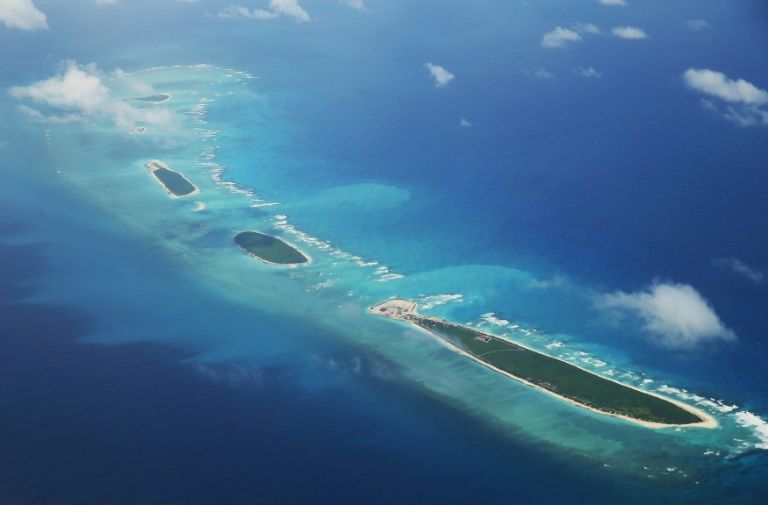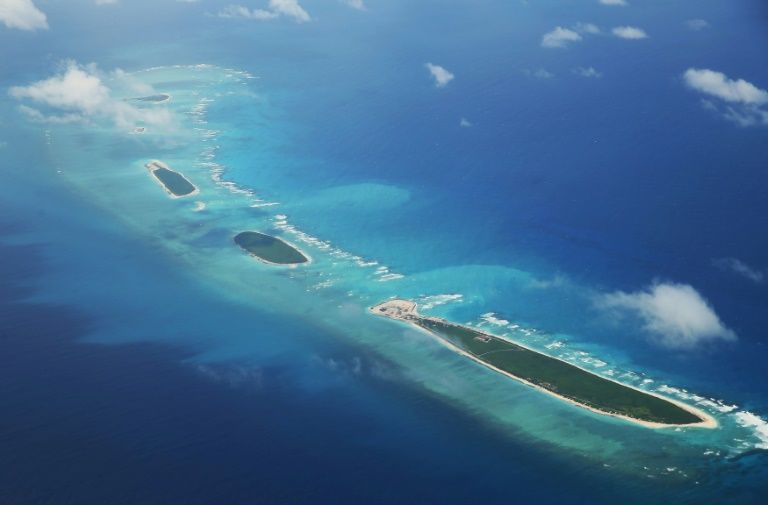
In an escalation of tensions in the South China Sea, Beijing has issued a stern demand for Malaysia to immediately halt all activities in the oil-rich waters off Sarawak.
This bold move comes despite the softer diplomatic overtures from Malaysia’s Prime Minister Anwar Ibrahim, who has been attempting to placate China amidst overlapping territorial claims.
The Chinese foreign ministry, in a protest note delivered to the Malaysian embassy, accused Malaysia of encroaching on areas within the controversial 10-dash line, a map that asserts China’s sovereignty over much of the South China Sea. The note specifically cited Malaysia’s oil and gas exploration activities near the Luconia Shoals, which China refers to as “Nankang Ansha” and “Beikang Ansha,” despite the shoals being just 100 km from Sarawak and nearly 2,000 km from mainland China.
NO to negotiation on Malaysia’s territorial rights
China’s insistence on respect for its territorial sovereignty and maritime interests is a clear signal of its unyielding stance on the issue. This demand comes at a time when Malaysia’s national oil firm Petronas is actively operating in the exclusive economic zone and the Luconia Reefs, areas that China claims as its territory based on the so-called “nine-dash line,” which was later expanded to the 10-dash line to include additional territories near Taiwan.
The nine-dash line has been declared illegal by the Permanent Court of Arbitration in The Hague in 2016, yet China’s military presence in the region continues to grow, reinforcing its territorial claims.
Prime Minister Anwar’s recent description of China a
s a “true friend” and his emphasis on mutual benefit and engagement seems to have done little to soften China’s stance. His suggestion of openness to negotiating China’s territorial claims has sparked outrage among the opposition, with former prime minister Muhyiddin Yassin asserting that Malaysia’s territorial rights are not up for negotiation, even with China.
The ongoing dispute highlights the complex and contentious nature of territorial claims in the South China Sea, involving not just Malaysia and China, but also Brunei,

Taiwan, Indonesia, the Philippines, and Vietnam. As the situation unfolds, the world watches closely to see how these competing interests will be resolved.






